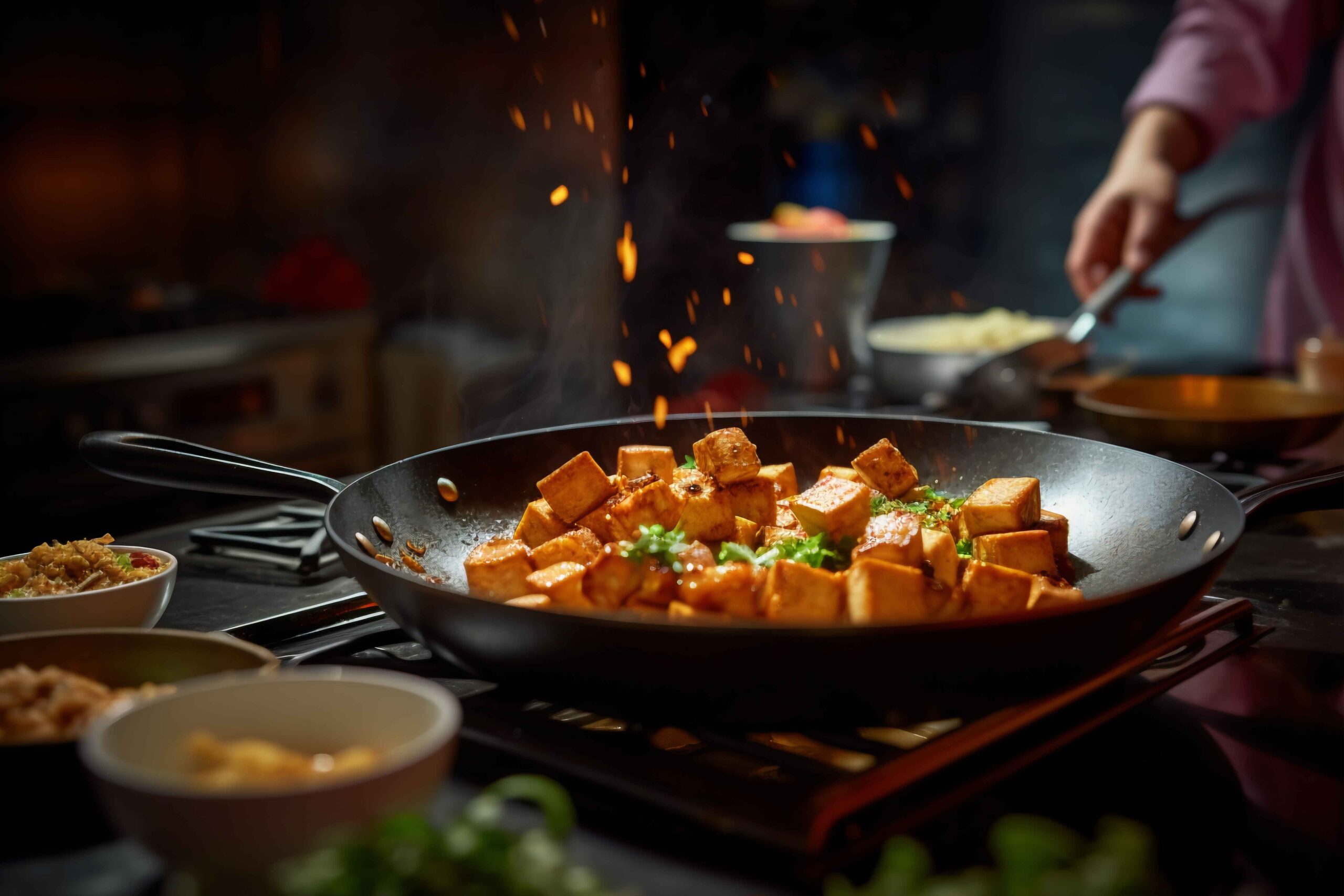
Cooking is more than a necessity; it’s a creative expression and a source of joy. From crafting hearty family meals to experimenting with global flavors, the art of cooking transforms raw ingredients into delightful dishes that tell stories, evoke memories, and bring people together.
The Essence of Cooking
Cooking is a balance of science and art. It involves understanding ingredients, experimenting with techniques, and crafting meals that appeal to taste, smell, and appearance. Beyond sustenance, cooking is therapeutic, a form of self-care that nourishes the body and mind.
Key Elements of Cooking
1. Ingredients
High-quality ingredients lay the foundation for exceptional dishes. Whether it’s fresh vegetables from a farmers’ market or exotic spices from across the world, choosing the right ingredients enhances flavor and nutrition.
2. Techniques
From sautéing to slow cooking, each method brings out unique textures and flavors:
- Sautéing: Quick and ideal for locking in flavors.
- Roasting: Enhances sweetness in vegetables and caramelizes proteins.
- Steaming: Retains nutrients while providing a delicate texture.
3. Flavors
Balancing salty, sweet, sour, bitter, and umami creates harmony in every bite. Herbs, spices, and condiments add depth and complexity to recipes.
Cooking Around the World
Exploring global cuisines is a gateway to understanding cultures and traditions.
- Italian: Celebrates simplicity with fresh tomatoes, basil, and olive oil.
- Indian: Brims with aromatic spices like turmeric, cumin, and coriander.
- Japanese: Highlights precision and minimalism with sushi and tempura.
Benefits of Cooking
1. Health and Nutrition
Cooking at home ensures control over ingredients, promoting balanced meals that support overall health.
2. Cost Efficiency
Preparing meals at home is often more economical than dining out or relying on processed foods.
3. Creativity and Skill Development
Cooking encourages innovation and hones skills like time management and multitasking.
4. Building Connections
Cooking for and with others fosters relationships, making meals a communal experience.
Tips for Aspiring Home Chefs
- Start Simple: Begin with basic recipes to build confidence.
- Stock a Versatile Pantry: Essential ingredients like olive oil, garlic, and spices form the backbone of many recipes.
- Experiment with Flavors: Don’t be afraid to mix and match spices or try new cuisines.
- Invest in Quality Tools: A good knife and sturdy cookware can transform your cooking experience.
- Practice Mise en Place: Prepare and organize ingredients before cooking for a smoother process.
The Future of Cooking
With innovations like plant-based alternatives, smart kitchen gadgets, and sustainable practices, cooking continues to evolve. Chefs and home cooks alike are embracing technology and eco-friendly methods to create flavorful, sustainable meals.
Cooking is a journey of discovery, one that nourishes the soul as much as the body. Whether you’re whipping up a quick snack or crafting a gourmet feast, every dish is a celebration of effort, love, and creativity. So, grab your apron, ignite the stove, and embark on your culinary adventure!
